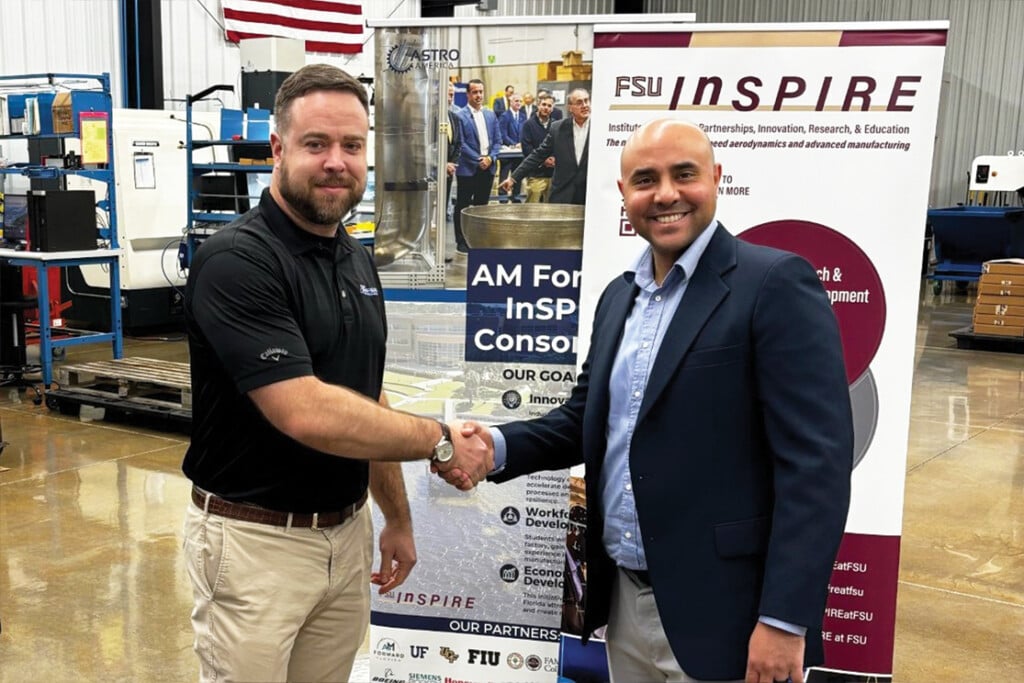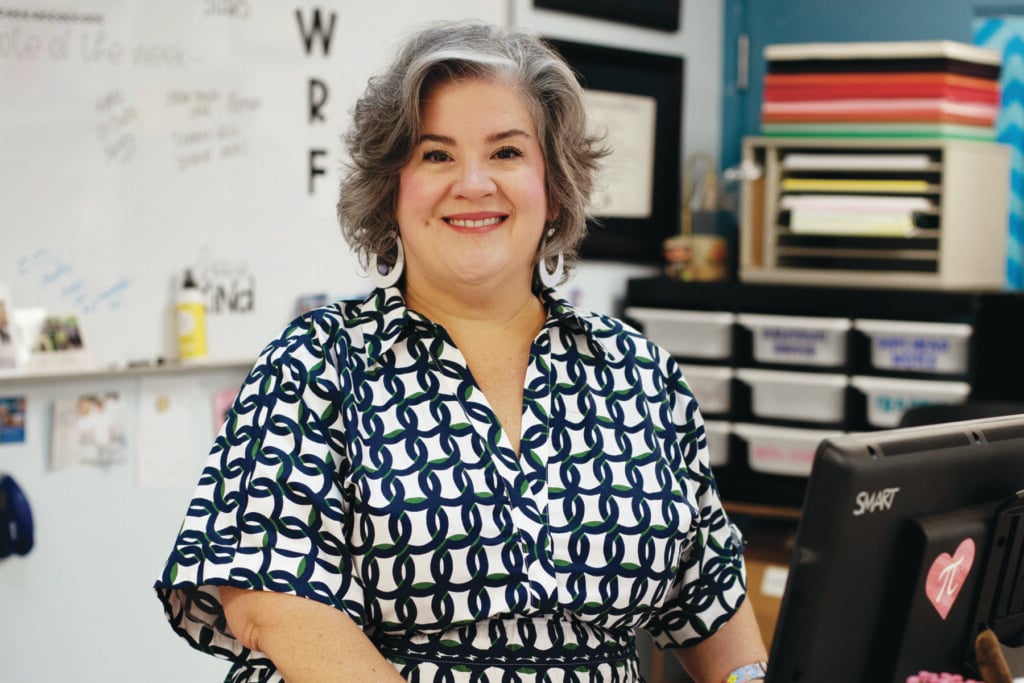FAMU: In the business of MBAs
Exceptionalism with every degree

Florida Agricultural and Mechanical University, established in 1887 as the Normal College for Colored Students, is now the third largest Black university in the United States and the sole remaining publicly funded historically Black college or university in the state of Florida. The focus of the university is to better the lives of the students who enter the colleges, and specifically, the School of Business and Industry (SBI) at FAMU aims to augment the ranks of Black graduates with MBAs.
Typically averaging about 90 students annually, the program’s current enrollment exceeds 100, a testament to its growing popularity. SBI Interim Dean Ira W. Bates, PhD, attributes the growth to a multiplicity of factors, including “a dynamic faculty, the quality and flexibility of the courses, graduate assistantships, fellowships,
and graduate internships.”
The one-year MBA program is designed for full-time students to become leaders in global business, industry, and commerce. According to the program objective, “The program is broad in approach; it integrates the functional areas of business with carefully tailored behavioral skills enhancement programs to develop holistically competent managers.”
Though students can choose from a list of electives to tailor the MBA to fit their specific goals to excel in their fields, all students receive a well-rounded education and in-depth immersion into the inner workings of the business world and the marketplace, with an emphasis on such disciplines as accounting, human resources, strategic planning, and leadership.
“The most popular areas that draw students are marketing, supply-chain management, and finance,” said Bates.
Also contributing to the program’s success is the job placement program. Several Fortune 500 corporate partners support the school through financial contributions, career-development opportunities, and discipline-specific content, most notably in partnerships that include Accenture, the Walt Disney Company, Edward Jones, Ford, John Deere, and JPMorgan. They also work with branches of the government, such as the Naval Department, to find the best career path for their graduates.
Shawnta Friday-Stroud, PhD, the Sybil Collins Mobley endowed professor and executive director for strategic partnerships, said the program aims to provide far more than just a degree.
“We offer our MBA students specialized career services, including resume writing, interviewing preparations, internships, and full-time placement interviews, as well as career expos,” Friday-Stroud explained. “We also provide them with opportunities to obtain relevant professional certifications.”
The college can boast an exceptionally high job-placement rate of 85 percent with salaries ranging between $55,000 and $100,000 annually, with a median of $77,500—varying based on the career path, program ranking, location, and signing bonuses among the factors that can influence the final figure.
According to the U.S. Bureau of Labor Statistics, an MBA can provide a definitive advantage for some jobs compared to positions held by those with only a bachelor’s degree. For example, employment in the financial sector, particularly working in securities, commodities, and financial services, agents with an MBA earn up to 89 percent more than their associates.
“Our undergraduate and graduate students, as well as alumni,” Friday-Stroud said, “have a long tradition of demonstrating that our system of rigorous academic preparation, combined with practical business experiences gained as a result of our integrated corporate and private partnerships, enables them to successfully compete in, and contribute to, today’s global society.”
In the bestseller, A Passion for Excellence: The Leadership Difference, author Tom Peters described the SBI as “the Marine Corps of business schools: pride, poise, excellence!”
Friday-Stroud is cognizant of the SBI legacy and determined to build on it by offering an ever-competitive global business education with a demanding curriculum, dedicated faculty, and student-centered academic environment.
She cited among the program’s many notable alumni: John W. Thompson, the former chair of Microsoft; G. Scott Uzzell, the former vice president and general manager of Nike North America; and Eric Gillman, assurance partner at PwC.
Friday-Stroud identified the SBI’s focus moving forward as enrollment growth, which will be achieved by creating more options and flexibility for the students. “Student success and providing exceptional support services remain our first priority.”


